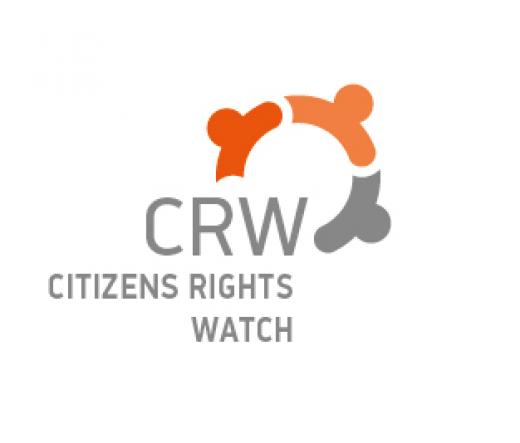Iran’s ethnic and religious groups compose half of the country’s population. Ahwazi Arabs, an Arab community who mainly live in the oil-producing Khuzestan/Al-Ahwaz Province, Southern Iran, have attracted attention due to the enormous violations and discriminations against their civil-political, economic, employment, social, cultural, linguistic and religious rights and freedoms.
“Among the oppressed minorities, Ahwazi Arabs rank at the bottom” said Dr Karim Abdian during the 2006 Conference on Democracy Promotion: the European Way European Parliament, Brussels. “Ahwazi ancestral lands produces 90% of Iran’s vast oil revenue, none of this is allocated to the Ahwazis. They are kept backward, poor and illiterate. The illiteracy rate is 4 times and unemployment is 6 times the national average.”
Since August 2013, Hassan Rouhani is Iran’s president. During his pre-election campaign, Rouhani promised to improve his country’s human rights record, address human rights of ethnic and religious groups and implement Article 15. He stated that “All Iranian people should feel there is justice. Justice means equal opportunity. All ethnicities, all religions, even religious minorities, must feel justice. Long live citizenship rights!”
Based on the Iranian Constitution, “[even though] the official language and script of Iran […] is Persian […] the use of regional and tribal languages in the press and mass media, as well as for teaching of their literature in schools, is allowed in addition to Persian”. (Ch. II Art. 15)
The Constitution covers that ethnic/religious groups have equal rights with the rest of the population. Particularly, it states that all individuals (including people of ethnic groups or tribes) have equal rights without any discrimination based on their color, race or language. (Ch. III Art. 19)
Despite Rouhani’s promises, the incidents torture and ill treatment, arrests and executions have alarmingly increased compared to the previous presidency of Mahmoud Ahmadinejad. The conduction of public executions became a common phenomenon within the country marking a significant number of death penalties for Arab human rights and political activists. Human rights agencies note that during 2014 within a 4 month period, more than 200 executions have already taken place throughout the country.
Violations against Ahwazi Arabs’ rights include incidents of torture and violence, restrictions on the use and teaching of the Arabic language, limitations on their access to clean water, food, sanitation, housing and other, arbitrary arrests and detentions, executions and others.
CITIZENS RIGHTS WATCH (CRW) recognizes and raises its concerns over the deterioration of Iran’s human rights record under Rouhani’s presidency and specifically the rights of ethnic and religious groups.
Based on these, we ask the government for the fulfillment of the following:
1) End discrimination, oppression and violence against Ahwazi Arabs.
2) Respect towards their civil, social, economic and linguist rights under International Human Rights Laws
3) Implementation of the Iranian Constitution's Articles 15 and 19.
CRW promises to not stop putting pressure on the Iranian government until the above requests are fulfilled.
Sources:
Ahwaz Human Rights Organization, available at: http://www.ahwazhumanrights.org/en
Ahwaz News Agency, available at: http://www.ahwaziarabs.info/search/label/death%20penalty
Ahwazi: Address delivered to “Democracy Promotion: The European Way” Statement by Dr. Karim Abdian of the Ahwaz Human Rights Organization to Conference on “Democracy Promotion: The European Way” European Parliament, Brussels, 6 – 7 December 2006, available at: http://www.unpo.org/article/6166
Constitution of the Islamic Republic of Iran, 24 October 1979, available at: http://www.refworld.org/docid/3ae6b56710.html
The Democratic Solidarity Party of Al-Ahwaz, available at: http://www.alahwaz.info/en/
Unrepresented Nations and Peoples Organization (UNPO), available at: http://unpo.org/members/7857


 Athanasia Zagorianou
Athanasia Zagorianou
Post a comment